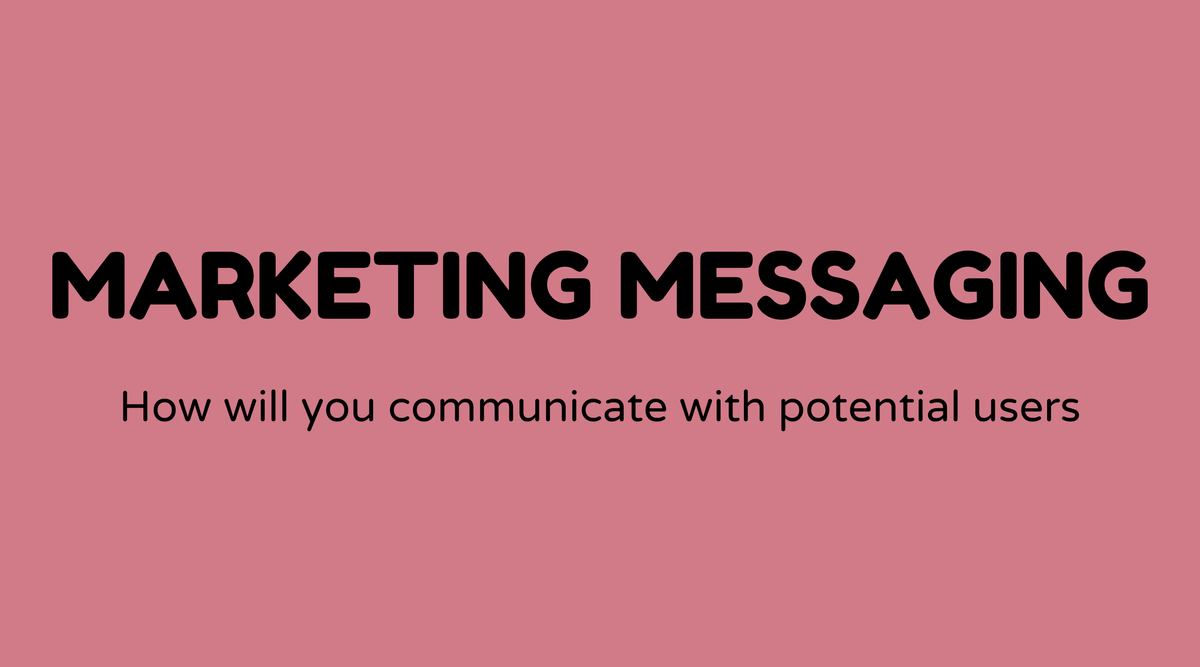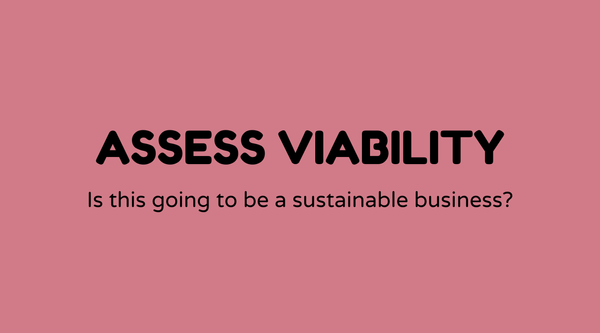Marketing mesasging

Overview of Marketing Messaging:
In an environment where attention spans are increasingly fleeting, marketing messaging is the art of crafting meaningful and memorable communications. It is essential to any marketing strategy, influencing how your business engages with potential clients. Knowing the optimal way and moment to share information can determine the success of a marketing initiative. Effective messaging isn't accidental; it necessitates a thoughtful combination of creativity, psychology, and strategic planning.
Why Marketing Messaging Matters:
Have you ever questioned why some advertisements linger in your memory while others fade away? That's the impact of effective marketing messaging. It goes beyond mere words; it's about building a narrative that resonates with your target market. Strong messaging can enhance brand recognition, cultivate loyalty, and, most crucially, drive sales. It ensures that the value of your product is communicated clearly and convincingly, making it an essential element of your marketing toolkit.
What is Marketing Messaging:
At its essence, marketing messaging refers to the language and tone utilized to communicate with potential customers. It includes various components, such as your brand's voice, essential selling points, and the emotions you wish to evoke. It’s also about maintaining consistency across different channels, whether it's social media, your website, or print advertising. A coherent message helps build trust and authority, ensuring that your audience receives a uniform impression of your brand.
How to Develop Effective Marketing Messaging:
Crafting compelling marketing messaging involves several key steps:
-
Understand Your Audience: First, get acquainted with your audience. What are their needs, challenges, and preferences? Tools like surveys and customer feedback can provide valuable insights.
-
Define Your Unique Value Proposition (UVP): What differentiates your product or service from others? Your messaging should quickly convey the unique advantages you offer.
-
Craft a Brand Voice: Your brand's voice should align with your business's values. Whether casual, professional, or quirky, maintaining a consistent tone helps establish a recognizable brand identity.
-
Be Clear and Concise: Simplicity is essential. Avoid jargon and focus on delivering a clear, straightforward message.
-
Test and Revise: Employ A/B testing to assess the effectiveness of your messaging. Be open to making adjustments as needed.
Here's a straightforward guide to help structure your messaging:
| Step | Action |
|---|---|
| Audience | Identify and understand your target market. |
| UVP | Define what makes your product/service special. |
| Messaging | Write concise and clear communication. |
| Consistency | Maintain the same tone across all platforms. |
| Testing | Use feedback and analytics to refine messaging. |
Examples of Marketing Messaging:
-
Nike's "Just Do It": This slogan is not only catchy; it empowers individuals to take action despite their circumstances.
-
Apple's "Think Different": A message that highlights innovation while creating an emotional connection with creatives and visionaries.
-
Coca-Cola's "Taste the Feeling": Emphasizing the emotion and experience of enjoying Coca-Cola rather than just the product, this connects on a personal level.
FAQs
Is marketing messaging the same as advertising?
Marketing messaging is a part of advertising. While advertising covers the entire promotional process, messaging specifically refers to the language and tone used to convey the campaign's message.
How often should I update my marketing messaging?
Regularly evaluate your messaging to ensure it aligns with market shifts and customer feedback. Updates may be necessary when launching new products or if current messaging no longer resonates.
What role does emotion play in marketing messaging?
Emotion is essential. It fosters connections, engagement, and loyalty. Emotional messaging can drive customer actions and differentiate your brand from competitors.
How can I test my marketing messaging?
A/B testing is a common approach. Test different versions of your messaging to identify which engages your audience most effectively. Monitor key performance indicators like click-through rates and conversions for insights.
What platforms should I focus on for delivering my marketing messaging?
Prioritize the platforms your target audience frequents most, such as social media, email, or traditional media. Align platform selection with your audience's habits for maximum effectiveness.
How does effective marketing messaging impact customer perception?
Well-crafted marketing messaging can enhance customers' perceptions of your brand, making it appear more reliable, relatable, and valuable. This improved perception can lead to increased customer trust and loyalty.



